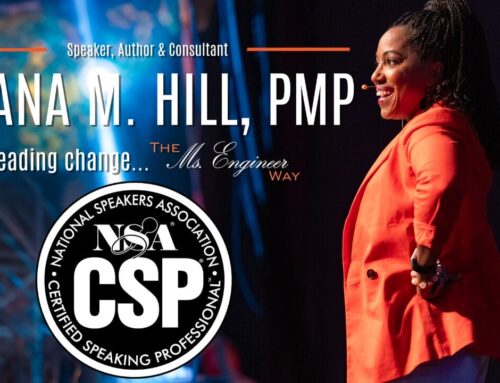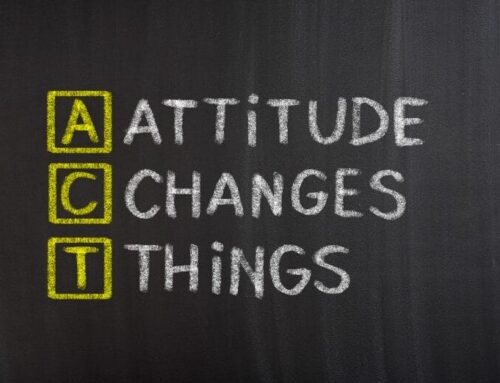Spring is typically a time of new growth, regeneration, fresh starts and lighter days — both metaphorically and literally. Yet this year… everything feels sluggish.
How do you spring into action when you are exhausted? When it’s harder than ever to see the green shoots of recovery because there is still snow on the ground. Can you trust that they are there? Is hope enough?
It’s only natural that our hope and resilience reserves are feeling low, especially with the onslaught of terrible news around the world. There’s a growing conviction that life is too short to waste on meaningless, demoralizing work but how do you connect to what matters most? In order to ‘spring into action’ it is more important than ever to align what we do with our values. To recommit to our values in order to keep moving forward.
I am a passionate advocate for purpose, and purpose aligned activities, but I also acknowledge that it can be problematic for some and difficult to scale. Harvard Business Review published an excellent deep dive into the ‘purpose of purpose’ and identified three primary types of purpose: cause-based, competence-based and culture-based. Each has different drivers and provokes different reactions and connections. However you understand purpose, it will be deeply rooted in your ‘why’.
When purpose is problematic I suggest taking a step back, thinking about the ‘why’ and looking to your values for inspiration and clarity.
Tapping into your values
Your values are what matter most to you, and you hold them near and dear, seldom willing to look away. Your values are introduced to you by your family of origin, but they can morph over time. They can provide a spiritual and emotional direction for you. They are a function of the experiences you’ve had, and they can motivate you to pursue certain goals, hinder you from pursuing others, and cause you to draw certain conclusions. As we develop, our needs change, and our values change too. As our lives grow and expand, as we have more of what we need to feel safe and secure, we increasingly tune in to our values to guide decisions and actions.
Motivation to act
Richard Barrett, who dedicated his career to studying values, defines them as: “energetic drivers of our aspirations and intentions.”
Often, people are motivated extrinsically by why they do something more so than by what they do. There’s a why behind everything we do. This becomes a key component to sustainable change. We have to constantly ask why.
If a change is needed, you must figure out the reason for—the motivation behind—the necessary change. You have to ask yourself what positive impact the change will bring and examine the consequences for not making the change. You might ask yourself, “If I don’t do this, what will happen?” Ultimately, our values drive our priorities.
Living your values
The Japanese concept of ikigai relates to the overlap of four key features: what you love doing, what you are good at, what you can make money off, and what the world needs. Ikigai stands at the crossover of these features and translates as “finding joy in life through purpose”. Being able to live a life aligned with your values brings benefits including:
- Increased motivation
- Improved prioritization and planning
- Less stress – more focus
- Improved self-awareness
- Increased empathy
- More capacity to embrace opportunities.
Feeling overwhelmed or overworked is linked to lack of prioritization and planning. When you are struggling to spring into action, step one is to focus on what actually matters to you.

My core value is family and every year through March 23rd the Hill family is deeply committed to our TeamMalcolm fundraiser that we run to honor our son, Malcolm, who at age 21 lost his battle with a rare form of bone cancer called Osteosarcoma. Consider joining TEAM MALCOLM! All donations benefit the MD Anderson Arts in Medicine Program






